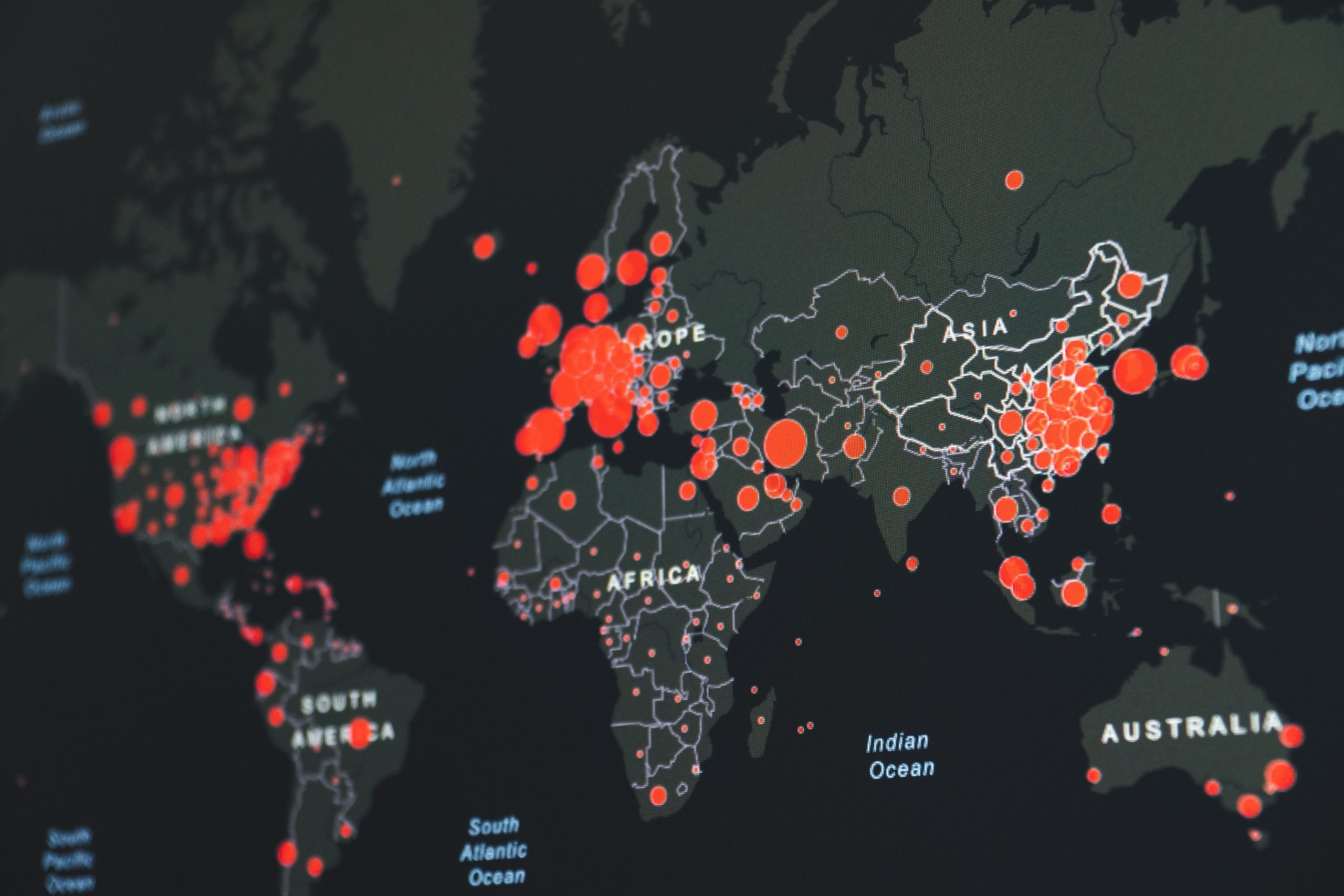The Delta variant of the SARS-CoV-2 virus has become the dominant strain in India and many other countries, creating chaos. The B.1.617.2 or Delta variant was first detected in India in late 2020 and since has spread around the globe like a wildfire. A study published in the Nature Journal, on Tuesday, has shed some light on how and why has this variant spread, evading neutralising antibodies.
A team of researchers combined lab-based experiments and epidemiology of vaccine breakthrough infections. It showed that the Delta variant is better at replicating and spreading than other commonly-observed variants.
“There’s also evidence that neutralising antibodies produced as a result of previous infection or vaccination are less effective at stopping this variant,” news agency PTI quoted Professor Ravindra Gupta from the University of Cambridge in the UK, as saying.
To examine how well the Delta variant evaded the immune response, the team extracted serum from blood samples collected as part of the COVID-19 cohort of the UK’s National Institute for Health Research (NIHR) BioResource.
The serum contains antibodies that were raised in response to infection.
The samples were of individuals who had previously been infected with the coronavirus or were vaccinated with either the Oxford/AstraZeneca, known as Covishield in India, or Pfizer vaccines.
The team found that the Delta variant virus was 5.7-fold less sensitive to the sera from previously infected individuals, and as much as eight-fold less sensitive to vaccine sera, compared with the Alpha variant.
In simpler terms, it takes eight times as many antibodies from a vaccinated individual to block the virus.
The researchers also analysed over 100 infected healthcare workers at three Delhi hospitals, nearly all of whom had been vaccinated against SARS-CoV-2.
They found the Delta variant to be transmitted between vaccinated staff to a greater extent than the Alpha variant.
“The Delta variant has spread widely to become the dominant variants worldwide because it is faster to spread and better at infecting individuals than most other variants we have seen,” said Partha Rakshit from the National Centre for Disease Control, Delhi, and joint senior author of the study.
Partha also added that the variant is better at getting around existing immunity.







